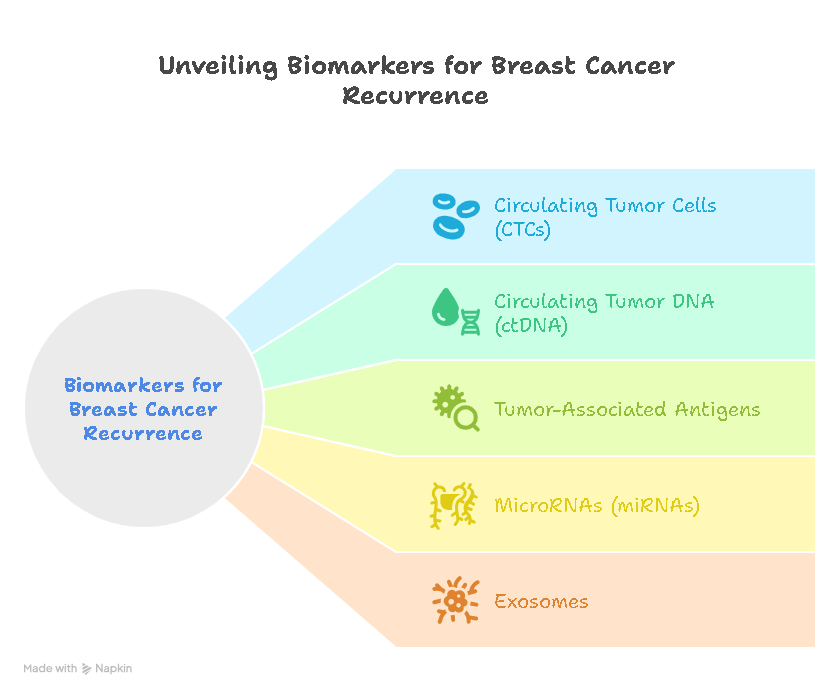Hormone Replacement Therapy (HRT) for men is a medical intervention designed to address imbalances in hormone levels, particularly testosterone. As men age, hormonal fluctuations can lead to a range of symptoms affecting physical, mental, and emotional well-being. In this comprehensive guide, we’ll delve into what HRT for men entails, its potential benefits, and considerations for those exploring this treatment option.
What is Hormone Replacement Therapy (HRT) for Men?
- Defining HRT: Hormone Replacement Therapy involves the administration of hormones to supplement or replace those that the body no longer produces in adequate amounts. In the context of men, HRT primarily focuses on addressing low testosterone levels, a condition known as hypogonadism.
- Hypogonadism and Testosterone: Hypogonadism occurs when the testes produce insufficient testosterone, leading to a range of symptoms such as fatigue, decreased libido, mood swings, and diminished cognitive function. HRT aims to restore testosterone levels to alleviate these symptoms.
Indications for HRT in Men:
- Age-Related Testosterone Decline: As men age, testosterone levels naturally decline. HRT may be recommended when this decline results in significant symptoms affecting quality of life.
- Symptoms of Low Testosterone: Common symptoms include fatigue, reduced muscle mass, increased body fat, mood changes, diminished cognitive function, and sexual dysfunction. If these symptoms are attributed to low testosterone, HRT may be considered.
Types of Hormone Replacement Therapy for Men:
- Testosterone Replacement Therapy (TRT): TRT is the primary form of HRT for men. It involves the administration of testosterone through injections, gels, patches, or pellets. The choice of method depends on individual preferences, lifestyle, and the doctor’s recommendations.
- Human Chorionic Gonadotropin (hCG) Therapy: hCG therapy is sometimes used to stimulate the body’s natural production of testosterone. It may be an alternative for men concerned about potential side effects or long-term dependency associated with TRT.
Potential Benefits of HRT for Men:
- Improved Energy Levels: Addressing testosterone imbalances can lead to increased energy levels, reducing fatigue and lethargy.
- Enhanced Libido and Sexual Function: HRT may improve libido, sexual desire, and overall sexual function, addressing one of the common symptoms of low testosterone.
- Increased Muscle Mass and Bone Density: Testosterone plays a crucial role in maintaining muscle mass and bone density. HRT can contribute to the preservation of these vital aspects of physical health.
- Enhanced Mood and Cognitive Function: Addressing hormonal imbalances can positively impact mood, cognitive function, and mental clarity, potentially alleviating symptoms of depression and irritability.
Considerations and Potential Risks:
- Individualized Approach: HRT for men is not a one-size-fits-all solution. Individual factors such as age, overall health, and the severity of symptoms guide the treatment plan.
- Potential Side Effects: While generally safe when administered under proper medical supervision, HRT may have potential side effects. These can include acne, fluid retention, and changes in cholesterol levels.
- Long-Term Commitment: HRT is often a long-term commitment. It’s crucial to weigh the potential benefits against the risks and make an informed decision with the guidance of a healthcare professional.
Hormone Replacement Therapy for men is a valuable medical intervention designed to address the impact of hormonal imbalances, particularly low testosterone levels. While it holds the potential to alleviate symptoms and enhance overall well-being, it’s essential to approach HRT with careful consideration and under the guidance of a qualified healthcare provider. Understanding the intricacies of HRT empowers individuals to make informed decisions about their health, ensuring a comprehensive and personalized approach to addressing hormonal imbalances. If you’re experiencing symptoms of low testosterone, consult with a healthcare professional to explore whether HRT is a suitable option for you.
The Importance of Professional Guidance:
- Medical Assessment: Before embarking on Hormone Replacement Therapy, a comprehensive medical assessment is crucial. This includes evaluating hormone levels, overall health, and understanding the individual’s medical history. A healthcare provider will use this information to tailor a treatment plan that addresses specific needs and minimizes potential risks.
- Ongoing Monitoring: Monitoring is a key aspect of HRT. Regular check-ups and assessments are necessary to ensure that hormone levels are within the desired range and that any adjustments needed to the treatment plan are promptly made. This ongoing monitoring helps optimize the benefits of HRT while minimizing potential side effects.
Lifestyle Factors and HRT:
- Exercise and Nutrition: While HRT can contribute to improved muscle mass and energy levels, adopting a healthy lifestyle enhances its effectiveness. Regular exercise and a balanced diet play a vital role in maximizing the benefits of HRT and promoting overall well-being.
- Stress Management: Stress can impact hormone levels, including testosterone. Incorporating stress management techniques, such as mindfulness, meditation, or other relaxation methods, can complement the effects of HRT.
Addressing Concerns and Myths:
- Potential Misconceptions: HRT, like any medical intervention, may be surrounded by myths and misconceptions. It’s essential to address concerns and seek accurate information. Consulting with healthcare professionals can help dispel myths and provide a clear understanding of the benefits and potential risks associated with HRT.
- Balancing Risks and Benefits: Understanding the individual’s health profile is crucial in balancing the risks and benefits of HRT. A thoughtful and informed decision-making process, guided by open communication with healthcare providers, ensures that the treatment aligns with the individual’s health goals.
HRT and Quality of Life:
- Individual Experiences: The impact of HRT on quality of life varies among individuals. While some may experience significant improvements in energy, mood, and overall well-being, others may have more modest changes. Managing expectations and maintaining realistic goals are essential aspects of the HRT journey.
- Holistic Well-Being: HRT is just one component of overall health. Emphasizing holistic well-being through a combination of healthy lifestyle choices, mental well-being practices, and medical interventions contributes to a comprehensive approach to health.
Conclusion:
Hormone Replacement Therapy for men is a multifaceted intervention designed to address the complexities of hormonal imbalances, specifically focusing on testosterone levels. As with any medical decision, it requires thoughtful consideration, professional guidance, and ongoing monitoring. By understanding the intricacies of HRT, individuals can make informed choices that align with their health goals and contribute to an improved quality of life. If you are considering HRT or experiencing symptoms associated with low testosterone, consult with healthcare professionals who can provide personalized guidance based on your unique health profile.











Leave a Reply